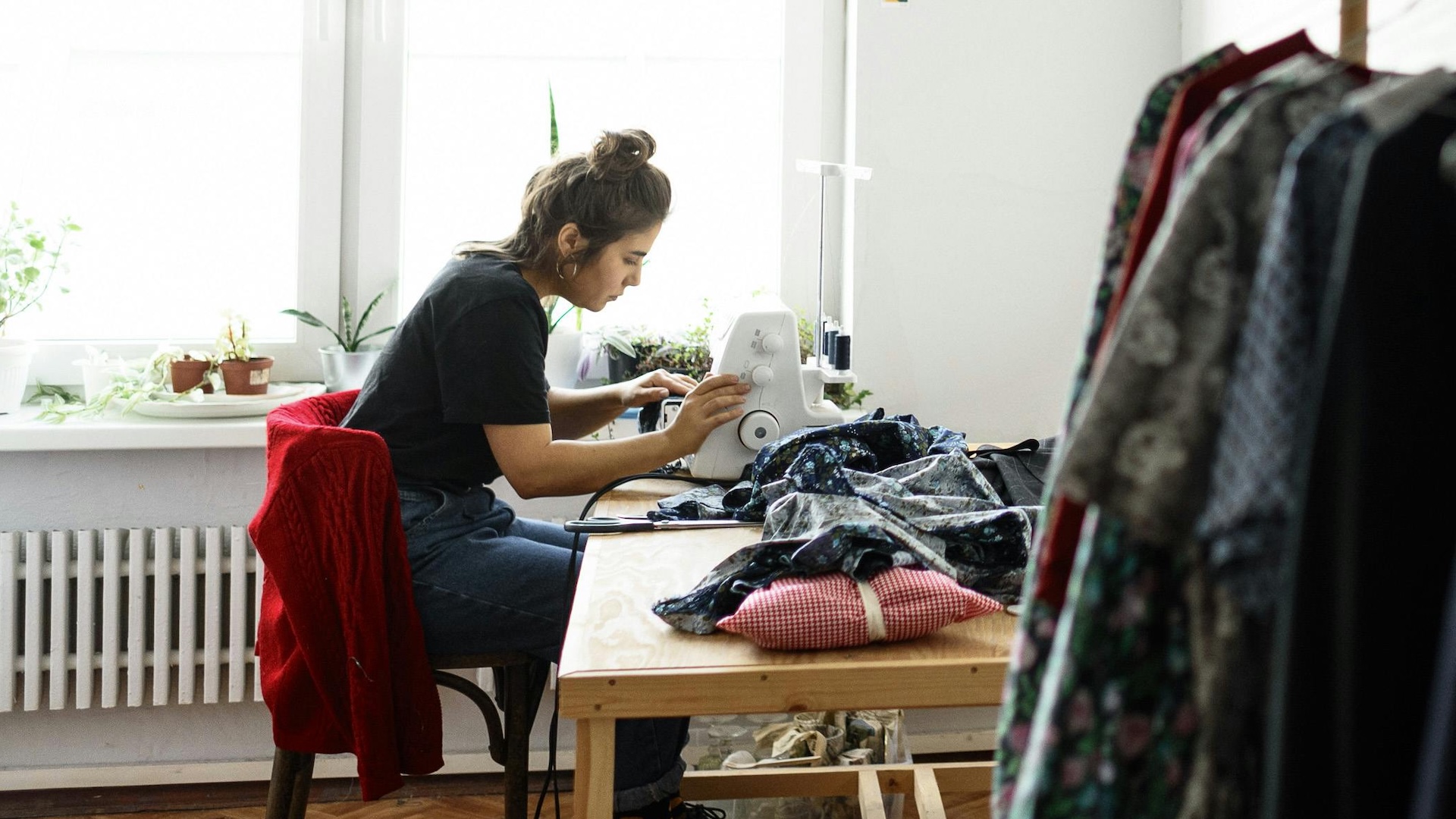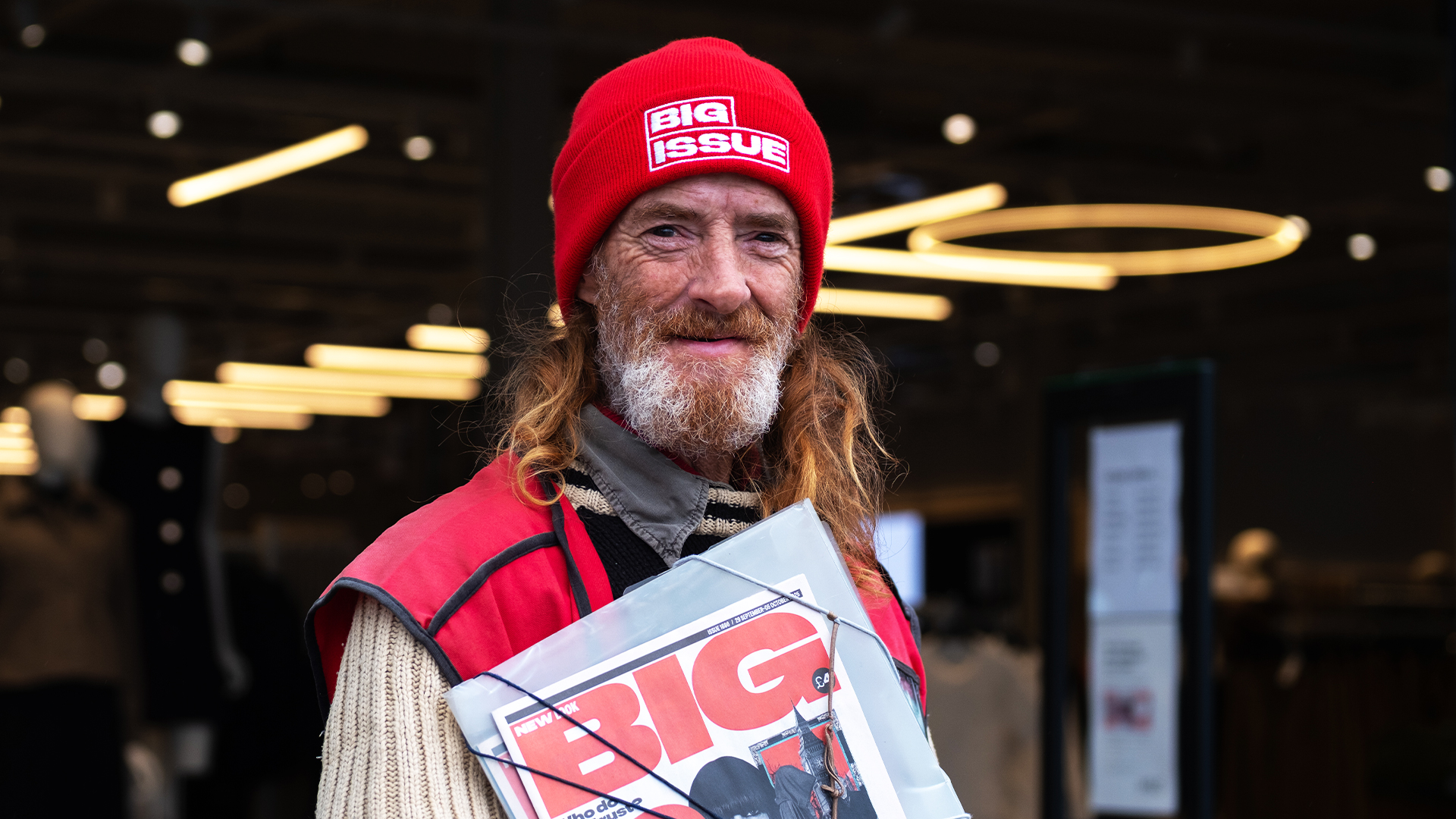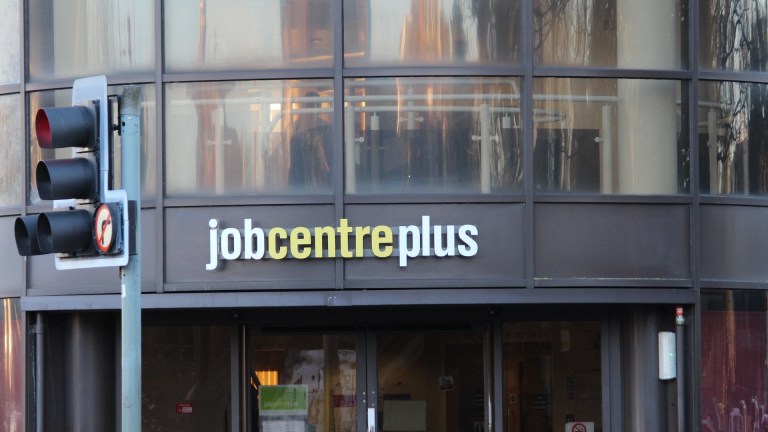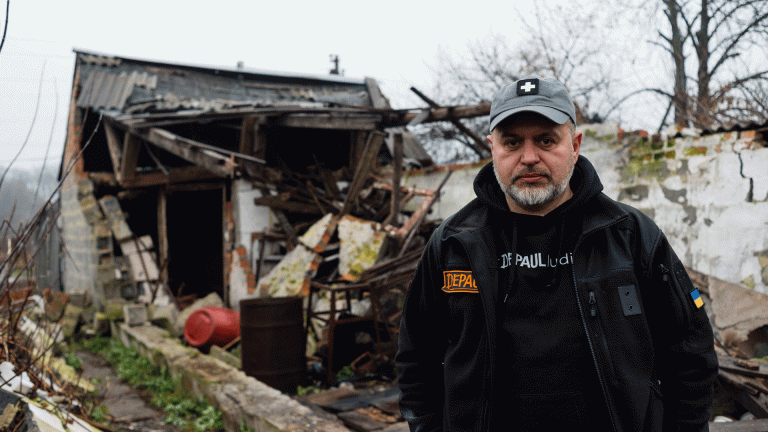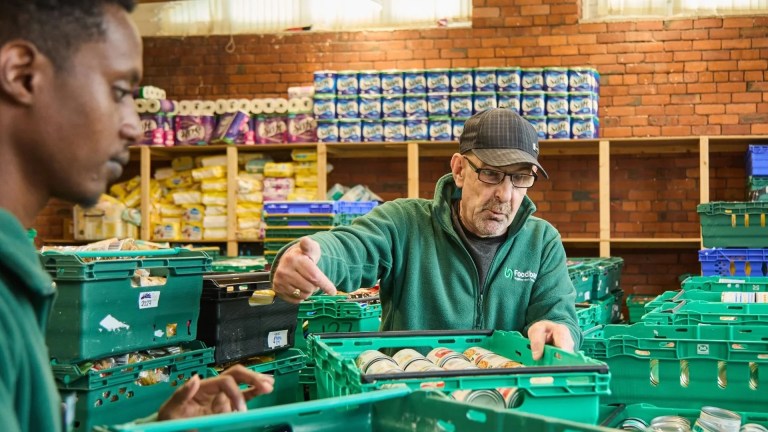But when people do learn to repair clothes, they typically keep them for at least another year. The act of fixing changes how we think about our stuff generally. We buy less, waste less and appreciate what we’ve got more.
At The National Lottery Community Fund, in the last four years we’ve funded 3,500 projects that help the environment up and down the country, including repair cafes, sewing groups and fixing initiatives like Men’s Sheds. We believe they can make a huge difference to the environment by helping people learn to repair and reuse items – but they also have wider benefits to the community.
Our research found people said going to repair cafes or sewing groups helps them save money, gives them a sense of ‘doing their bit’, and helps them socialise and feel less lonely, which does wonders for their mental health.
Communities are increasingly stepping up and finding creative ways to tackle this problem. Take Daisy Chain, an autism and neurodiversity charity in Teesside supported by a grant from The National Lottery Community Fund, that discovered up to 50% of their clothing donations were unusable – a challenge facing charities nationwide. Instead of just accepting this waste, they launched Neuthread, a sustainable fashion brand that transforms unwanted clothing into something new.
The results are staggering: nearly a million items saved from landfill in 12 months and last year, Daisy Chain became the first charity ever to showcase at London Fashion Week. Cara Baumann, a 45-year-old who volunteered as a designer on the project, says it finally gave her the courage to seek her own autism diagnosis. The charity is also creating employment opportunities for autistic people – the disability group with the lowest employment rates.
None of us are perfect when it comes to waste – we’re all just trying to do a bit better. And it would be naive to suggest that the only solution to clothing waste is repair cafes – it needs collective action – but we can all make small changes to our lives which add up to something bigger.
We hope our research makes people sit up and pay attention – and take action to support the environment – but also to start thinking creatively about how small changes in their lives and communities can make a difference. Whether it’s learning how to sew up that hole in your shirt, getting your shoes fixed at a repair cafe or setting up a community garden, we can all play our part.
And helping the environment can also help individuals and communities. That’s why at The National Lottery Community Fund we are ramping up our funding for environmental projects – committing 15% of our funding to 2030 – encouraging the public to check out projects they can get involved in and if they have an idea to improve the environment where they live to apply for funding.
Over the past four years, thanks to National Lottery players, we’ve invested almost £300 million into environmental projects across the UK and we want to fund even more, from small grants of up to £20,000 through our open access Awards for All programme to organisations working across the UK through our Climate Action Fund.
If you have ideas for environmental projects that could benefit your community, visit tnlcommunityfund.org.uk to find out more and apply for funding. John Rose is Environment Lead at The National Lottery Community Fund.
Do you have a story to tell or opinions to share about this? Get in touch and tell us more.
Reader-funded since 1991 – Big Issue brings you trustworthy journalism that drives real change.
Every day, our journalists dig deeper, speaking up for those society overlooks.
Could you help us keep doing this vital work? Support our journalism from £5 a month.
